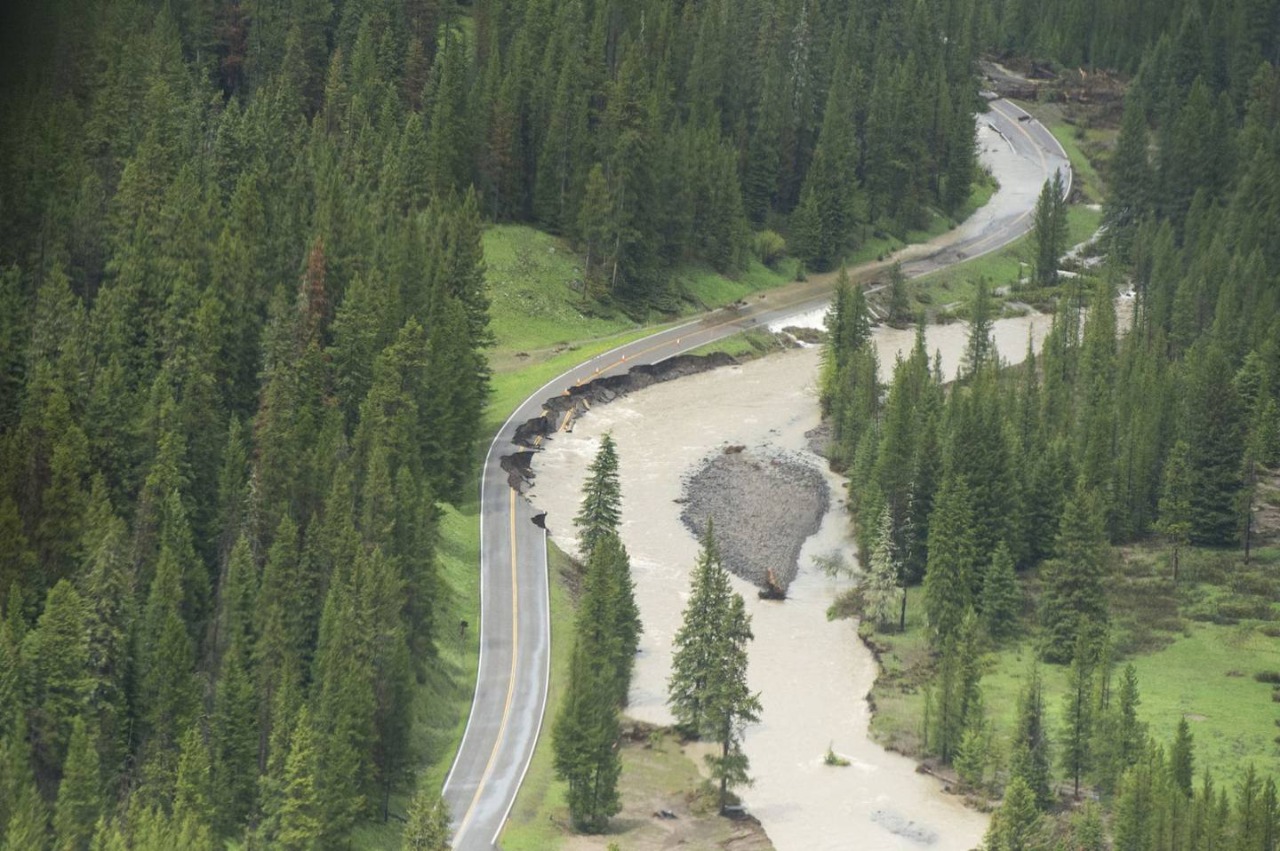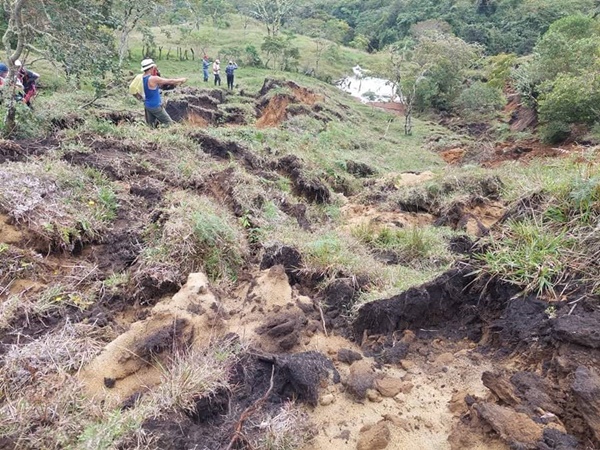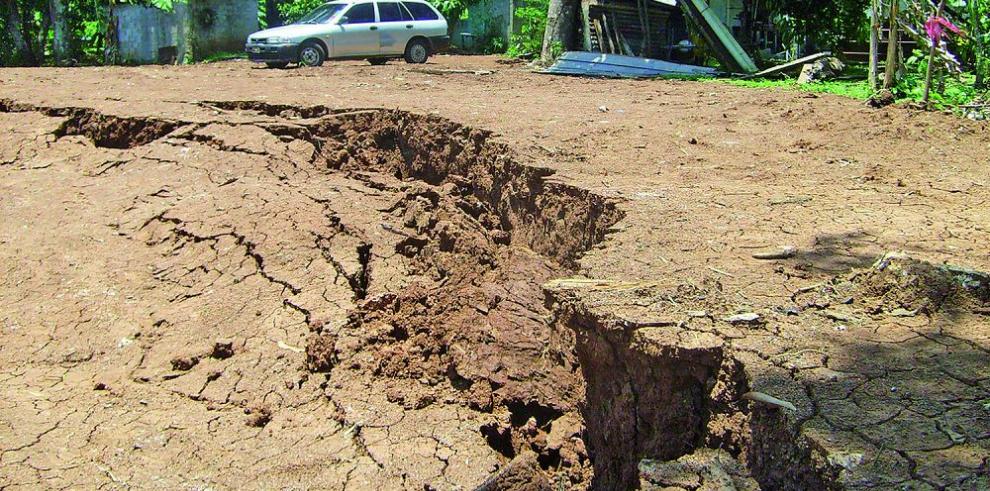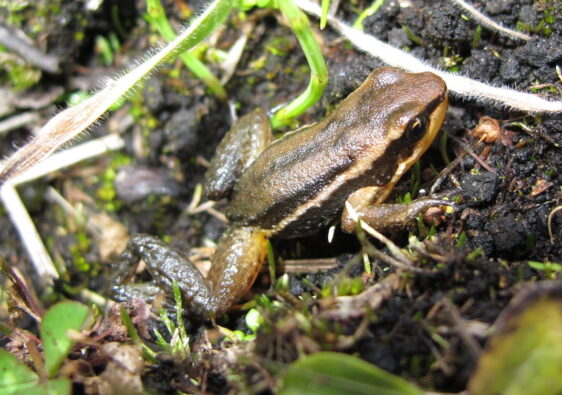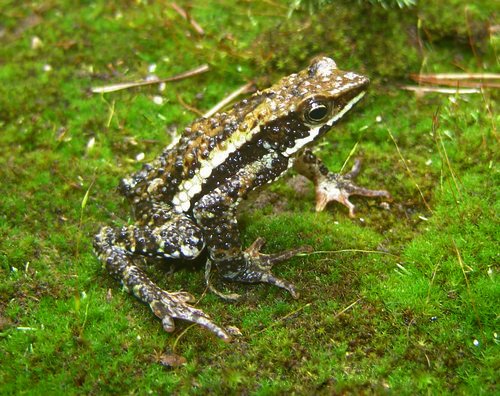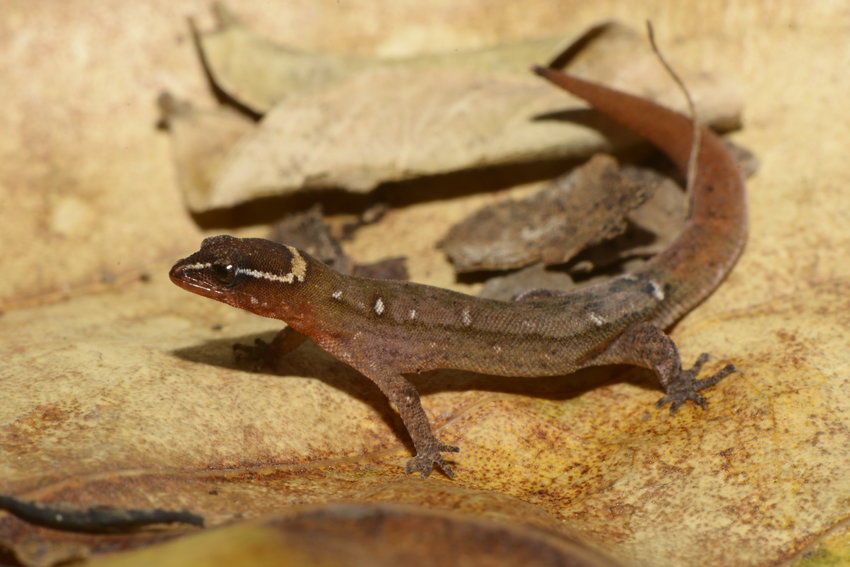ABSTRACT
The main objective of this research work is to determine the importance of reforestation on the banks of the Amazon River as an alternative for the mitigation of erosive processes in 36Km2 of humid tropical forests of the Ticuna indigenous territory, in Puerto Nariño-Amazonas; where an environmental problem of landslides in highly deteriorated forests is identified, generated by anthropogenic factors due to the felling of trees mainly for purposes of firewood and informal marketing (illegal timber trafficking). This has generated strong erosive processes on the riverbank, loss of soil, changes in use, expansion of the agricultural frontier and prolongation of periods of drought, disturbing the natural conditions of the basins, migration and extinction of fauna, loss of biodiversity and spatially-temporally changing the water resource, limiting its use, harming the quality of life of the inhabitants of the Ticuna indigenous populations: Soplaviento (K33), Calamar and the bifurcation of the Caño Correa (K82), the municipalities of Mahates, Arjona, María La Baja and San Estanislao among the most important. After identifying the importance of reforestation, we propose strategies that contribute to the conservation, prevention and protection of this ecoregion by formulating a reforestation proposal based on a methodology called «Priority actions for tree planting and environmental restoration.» In view of the exposed environmental problems, we propose to carry out recovery processes of the soil’s vegetal cover and implement erosion control and mitigation measures through the use of natural mechanisms that do not induce new environmental impacts. We document the alternatives that are being managed in bioengineering for erosion control.
Keywords: composting, erosion, geosynthetics; Ticuna indigenous community, Amazonas, fertile mixture, revegetation.
